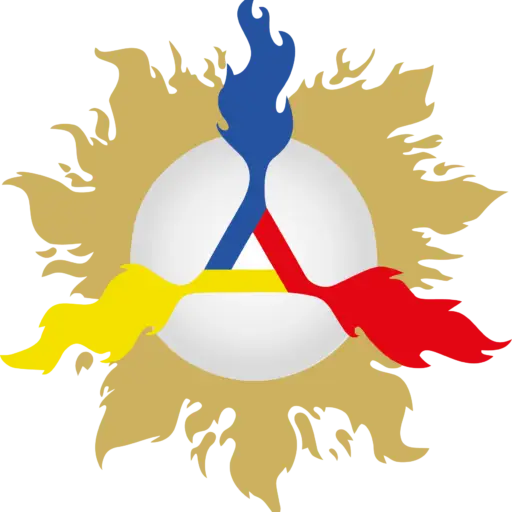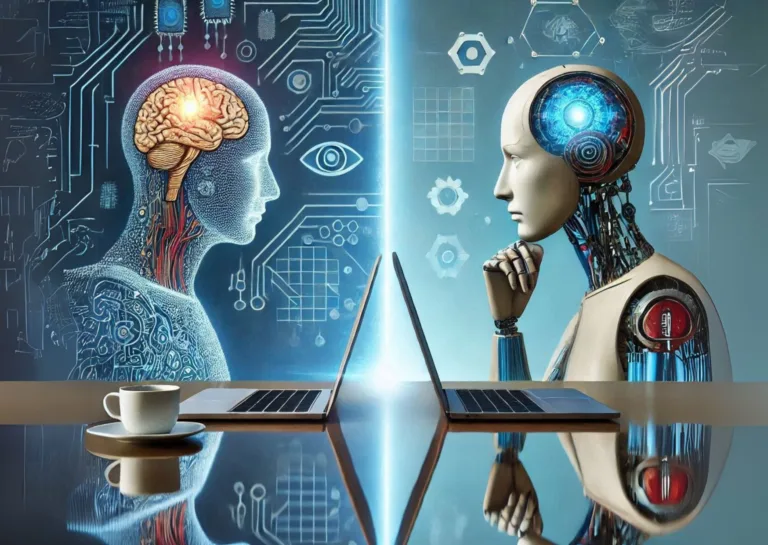The rise of artificial intelligence (AI) has sparked widespread discussions about its capabilities compared to natural intelligence, the type possessed by humans and animals. While AI excels in specific tasks and offers revolutionary advancements in various fields, its limitations highlight the uniqueness and complexity of natural intelligence.
Defining the Two Forms of Intelligence
Natural Intelligence
Natural intelligence refers to the inherent ability of living beings to learn, reason, adapt, and make decisions based on experiences, emotions, and context. It encompasses:
- Cognitive Functions: Problem-solving, critical thinking, and creativity.
- Emotional Understanding: Empathy, moral judgment, and self-awareness.
- Adaptability: The capacity to adjust to changing environments and unexpected challenges.
This form of intelligence is deeply rooted in biological processes, shaped by evolution, and influenced by culture, environment, and personal experiences.
Artificial Intelligence
AI is a man-made system designed to mimic certain aspects of natural intelligence, such as pattern recognition, decision-making, and data analysis. Its core features include:
- Data-Driven Learning: Algorithms that analyze vast amounts of information to identify patterns and improve performance.
- Specialized Problem-Solving: Exceptional at specific tasks like language translation, facial recognition, and predictive analytics.
- Automation: Performing repetitive or complex tasks with speed and precision.
Unlike natural intelligence, AI lacks self-awareness, emotions, and an intrinsic understanding of context or meaning.
Strengths and Weaknesses
Strengths of Artificial Intelligence
- Speed and Efficiency: AI processes data and performs calculations at a rate far beyond human capability.
- Accuracy in Specific Domains: AI systems excel in areas like medical diagnostics, weather forecasting, and financial analysis.
- Scalability: AI can handle massive datasets and scale solutions globally without fatigue.
Weaknesses of Artificial Intelligence
- Lack of Creativity: AI cannot originate genuinely novel ideas or think outside predefined parameters.
- Dependency on Data: Its effectiveness depends on the quality and quantity of data provided.
- Absence of Emotions and Ethics: AI lacks empathy and moral judgment, making it unable to navigate complex human situations.
Strengths of Natural Intelligence
- Emotional Intelligence: Humans can understand and respond to emotions, fostering relationships and moral reasoning.
- Creativity and Innovation: The ability to generate new ideas, art, and inventions stems from human imagination.
- Contextual Understanding: Humans can interpret situations with nuance, even when information is incomplete.
Weaknesses of Natural Intelligence
- Cognitive Limitations: Humans are prone to errors, biases, and limited information processing capacity.
- Fatigue and Inconsistency: Physical and mental limitations can affect performance over time.
- Emotional Influence: Decisions can be swayed by emotions, sometimes leading to irrational outcomes.
Cooperation Between AI and Natural Intelligence
Rather than viewing AI and natural intelligence as adversaries, it is more productive to see them as complementary. AI can augment human capabilities by handling repetitive tasks, analyzing large datasets, and providing insights that humans might overlook. In turn, humans can provide oversight, creativity, and ethical considerations, ensuring AI systems are used responsibly.
For instance:
- Healthcare: AI assists in diagnostics, but doctors apply contextual knowledge and empathy in patient care.
- Education: AI personalizes learning experiences, while teachers nurture critical thinking and emotional growth.
- Art and Design: AI generates patterns or suggestions, but the human touch brings originality and meaning.
Ethical Implications
The rapid advancement of AI raises critical ethical questions, including:
- Job Displacement: Automation may replace roles traditionally held by humans.
- Bias and Fairness: AI systems can inherit biases from their training data, leading to unfair outcomes.
- Accountability: Determining responsibility for AI-driven decisions remains a complex challenge.
Addressing these issues requires collaboration between technologists, ethicists, and policymakers to ensure that AI development aligns with human values and societal well-being.
Conclusion
Artificial intelligence and natural intelligence each have distinct strengths and limitations. While AI can process data and perform specialized tasks with incredible speed and precision, it lacks the creativity, empathy, and adaptability inherent to natural intelligence. The interplay between the two presents an opportunity to harness their combined potential for the benefit of humanity.
By leveraging AI responsibly and emphasizing human-centric values, society can achieve a balance where technology enhances our natural abilities, fostering innovation, growth, and a better future for all.












